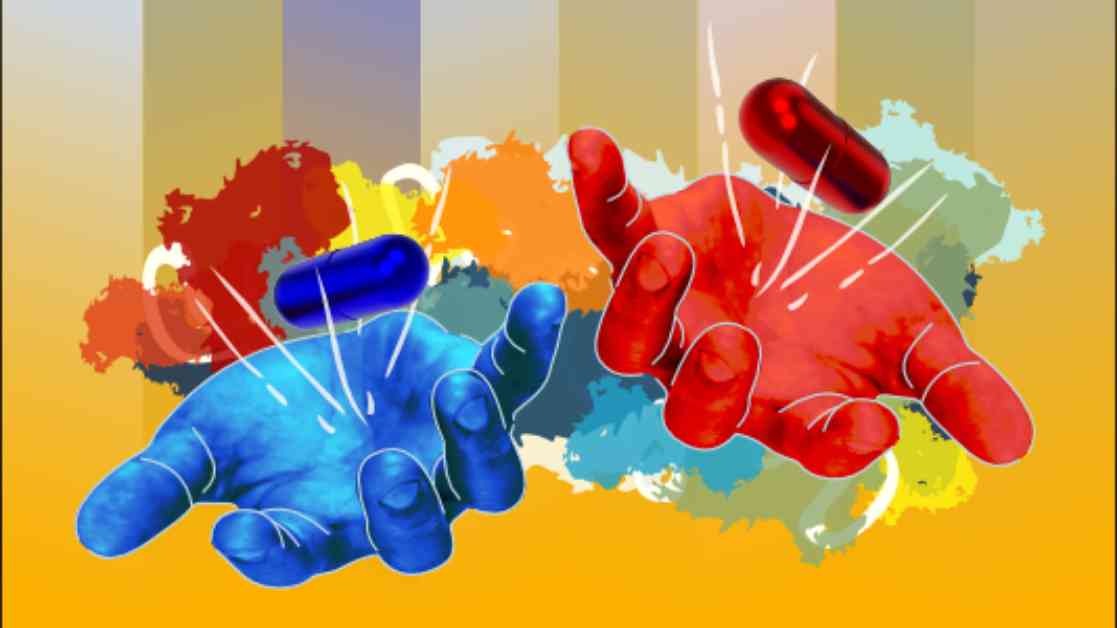In a world where individual prosperity is often overshadowed by anxiety, the concept of Pharmakon offers a unique perspective on finding balance. Pharmakon, derived from the Greek term meaning both remedy and poison, challenges us to reevaluate our approach to success and well-being. This philosophical concept has gained traction in various fields, from psychology to economics, as more people seek a holistic approach to personal growth and fulfillment.
Unpacking the Pharmakon Concept
At its core, Pharmakon embodies the duality of human experience—the idea that what may initially appear as beneficial can also have harmful consequences, and vice versa. This complex interplay between remedy and poison underscores the interconnectedness of our choices and their impacts on our lives. As renowned philosopher Jacques Derrida once said, “Pharmakon is neither simply good nor simply bad; it is both, and it is more than the sum of its parts.”
In practical terms, embracing the Pharmakon concept involves acknowledging the multifaceted nature of our decisions and their ripple effects. For instance, the pursuit of material wealth may bring temporary satisfaction but also breed feelings of emptiness and isolation. Similarly, prioritizing personal well-being over professional success could lead to a sense of fulfillment but also result in missed opportunities for growth.
Applying Pharmakon in Everyday Life
To navigate the complexities of modern life, many individuals are turning to the Pharmakon concept as a guiding principle. By recognizing the inherent trade-offs in our choices and actions, we can make more informed decisions that prioritize long-term happiness and fulfillment. This approach encourages us to embrace ambiguity and uncertainty, viewing challenges as opportunities for growth rather than obstacles to overcome.
In a society driven by productivity and achievement, the Pharmakon concept serves as a powerful reminder of the importance of balance. By cultivating a deeper understanding of the interconnectedness of our choices, we can create a more harmonious and sustainable way of living. As psychologist Carl Jung once said, “Until you make the unconscious conscious, it will direct your life and you will call it fate.”
In conclusion, the Pharmakon concept offers a nuanced perspective on the pursuit of individual prosperity and the management of anxiety. By embracing the inherent duality of human experience, we can cultivate a more holistic approach to personal growth and well-being. As we navigate the complexities of modern life, let us remember that true balance lies not in the absence of challenges but in our ability to embrace them with grace and resilience.






















